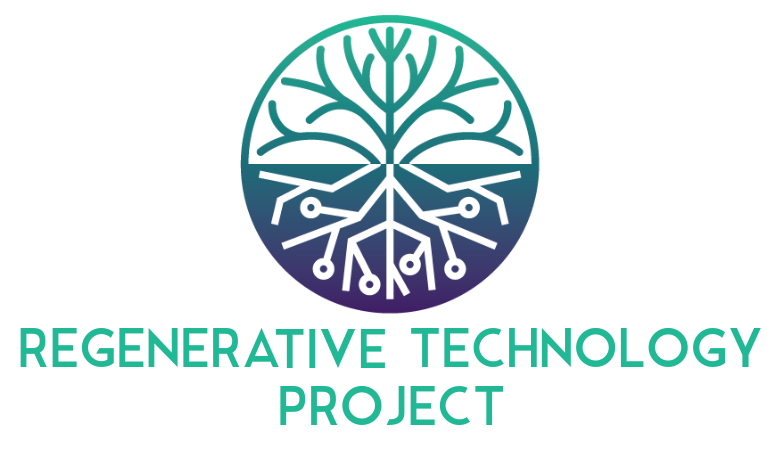Ecovative
Ecovative’s AirMycelium technology is optimizing and democratizing “mycotecture” across industries at scale
Description
Ecovative is a biomaterials company that develops sustainable alternatives to traditional plastics and other environmentally harmful materials using mycelium, the root structure of mushrooms. Ecovative’s AirMycelium platform grows more than 400 tons of furniture, goods, and packaging annually with clients in CPG, housing, packaging, fashion, food, beauty, sports, and more. The platform uses AI to optimize mushroom mycelium for scale, density, elasticity, and other industrial parameters. Ecovative's products are fully biodegradable and compostable, offering a more sustainable alternative to petroleum-based plastics.
What Makes it Regenerative?
- biodegradable products that decompose naturally, closing the material use loop
- utilizes mycelium to create high-value products from low-value resources
- platform business model helps “democratize” mycotecture and enable small-scale manufacturers to localize recipe development and mycelium foundry
- reduces pollution with biodegradable materials, supporting healthier ecosystems
- strategic partnerships across fashion, packaging, and food industries
- emphasizes resource efficiency, minimizing waste
- accelerates shift from petro- to bio-based products, affects every industry.
Business Model
Ecovative generates revenue through multiple streams, leveraging its mycelium-based technology across various sectors. They license their technology to other companies, form strategic partnerships for large-scale production, and sell products directly to consumers and businesses. Additionally, Ecovative offers custom solutions for specific client needs, utilizes their Mycelium Foundry platform for rapid material development, and maintains some vertically integrated operations. They also generate revenue by enabling producers around the world with 31 countries using its “Grow It Yourself “GIY” kits.This diversified approach allows them to capitalize on the growing demand for sustainable materials in packaging, textiles, food alternatives, and other industries, while continuing to invest in research and development to expand their product offerings and market reach.
Risks & Limitations
- Bioengineering and synthetic biology introduce novel risks and uncertainties.
- Democratization carries risks of nefarious, irresponsible, unregulated use.
- Scaling up production to meet widespread demand could pose challenges, as cultivation requires specific conditions.
Tags
Website
Location
Green Island, New York
Support this Initiative
Are you part of this initiative? Help others help you through Mutual Aid. Claim this listing, fill out the mutual aid form with ways others can support this initiative, and they will automagically appear here.
To activate Mutual Aid, claim this listing and then fill out the mutual aid form.
